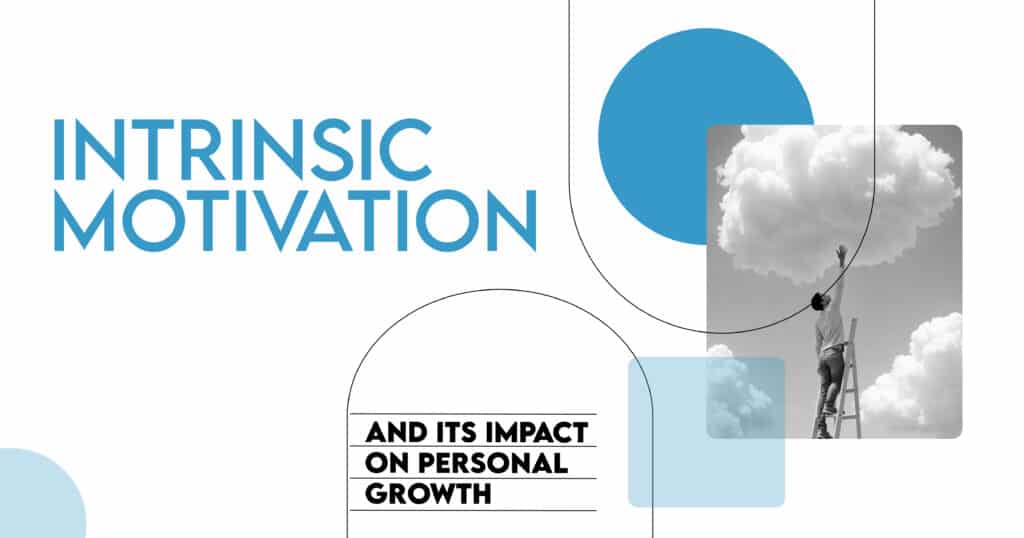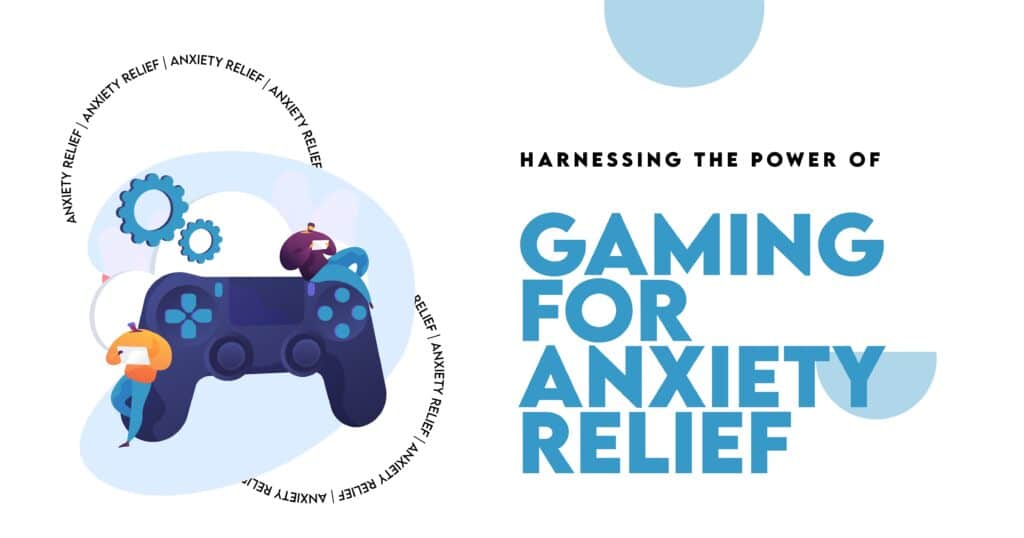What is intrinsic motivation, and why does it matter so much for lasting personal change? At its core, intrinsic motivation is the internal drive to do something because it is personally rewarding, not because of external pressure or rewards. Whether you’re learning a new skill, pursuing a passion project, or setting new personal goals, it’s your inner desire and natural interest that fuel the most meaningful growth.
Studies in psychology consistently show that people driven by self-motivation tend to experience greater personal satisfaction, stronger resilience, and a deeper sense of achievement. Unlike external motivators, which fade once the reward is gone, internal rewards help sustain long-term success and emotional well-being.
In this blog, we’ll explore how intrinsic motivation works, what makes it so powerful, and how nurturing it can lead to real, lasting personal growth.
What Is Intrinsic Motivation?
Intrinsic motivation is the internal drive to engage in an activity because it is personally meaningful, enjoyable, or aligned with your values. This type of self-motivation stems from natural interest, curiosity, or a genuine desire to learn or grow, rather than from outside rewards like money or praise.
Intrinsically motivated people often pursue goals because of how those activities make them feel or what they help them become. The reward is in the experience itself, not in the outcome.
Some everyday examples of intrinsic motivation include:
- Reading about a topic simply because you find it fascinating
- Creating art for personal enjoyment, not public approval
- Solving problems or puzzles because the process is satisfying
- Volunteering out of compassion, not for recognition
- Exercising to feel good mentally and physically, not for appearance
The Role of Self-Motivation in Intrinsic Motivation
At the heart of intrinsic motivation lies self-motivation, the ability to pursue actions purely because they align with your values, passions, or curiosity. When you’re self-motivated, you don’t need outside rewards or pressure to take initiative. You act because you genuinely want to, not because someone is watching or offering something in return.

This form of internal drive is essential for consistent, meaningful personal growth. It helps you stay focused on long-term personal goals, bounce back from setbacks, and continue learning and evolving even when there’s no external validation.
Here’s how self-motivation commonly appears in real life:
- Setting goals based on personal values rather than social expectations
- Persisting in a hobby or interest even when progress feels slow
- Taking on challenges because they feel meaningful, not just rewarding
- Continuously improving skills for personal satisfaction
- Reflecting and adjusting behaviors without needing outside praise
How Internal Drive Fuels Personal Satisfaction
A strong internal drive is what keeps people moving toward their personal goals, even when external rewards are absent. When actions come from genuine intrinsic motivation, the result is often a deep sense of purpose and long-term personal satisfaction. Rather than needing validation from others, individuals feel fulfilled simply by growing, learning, and doing what aligns with their natural interests and values.
To better understand how internal drive influences emotional and psychological well-being, here’s a comparison of intrinsic motivation versus extrinsic motivation in terms of satisfaction:
| Aspect | Intrinsic Motivation | Extrinsic Motivation |
| Source of Motivation | Inner desire, passion, and personal values | External rewards like money, praise, or approval |
| Emotional Impact | Fosters deep fulfillment and joy | Offers temporary satisfaction, often tied to outcomes |
| Sustainability | Long-lasting motivation, even through challenges | Short-lived, often fades when rewards are removed |
| Focus | Process-oriented (enjoyment of the activity itself) | Outcome-oriented (what you get from the activity) |
| Growth Potential | Promotes self-awareness and resilience | Can lead to burnout or a lack of interest if rewards stop |
Harnessing Inner Desire for Achieving Personal Goals
When your actions are driven by inner desire, you’re more likely to stay committed, even when challenges arise. This is the power of intrinsic motivation – it aligns what you want with what you do. Unlike chasing rewards or avoiding punishment, working toward personal goals through internal purpose leads to deeper focus, resilience, and fulfillment.
People with strong self-motivation often set goals based on their values or interests, not what others expect. This connection between goal and purpose makes the journey meaningful, not just the outcome.
Some ways to harness your inner drive for personal success include:
- Setting goals that reflect your passions or natural interests
- Breaking large goals into small, manageable milestones
- Celebrating progress based on effort and learning, not just results
- Reflecting on why your goal matters to you personally
- Creating routines that support growth without external pressure
Natural Interest as a Catalyst for Intrinsic Motivation
At the core of intrinsic motivation is natural interest, the genuine curiosity or enjoyment you feel when doing something without needing a reward. When you’re naturally drawn to an activity, it becomes easier to focus, stay consistent, and find meaning in the process. This internal spark often leads to stronger self-motivation and long-term commitment.
Whether it’s learning a new language, exploring a creative hobby, or diving into a topic that excites you, natural interest makes the effort feel less like a chore and more like a personal journey. That’s why it plays such a crucial role in building personal satisfaction and achieving personal growth.
Here are a few ways natural interest can act as a powerful motivator:
- Increases focus and engagement without external pressure
- Encourages deeper learning and skill-building
- Reduces the likelihood of burnout or boredom
- Makes challenges feel exciting rather than overwhelming
- Strengthens your internal drive to reach personal goals
How Internal Rewards Foster Long-Lasting Motivation – Insights from La Jolla Mental Health
Internal rewards like fulfillment, pride, and progress play a central role in building long-lasting intrinsic motivation. When individuals are guided by values, passion, or self-motivation, they experience deep satisfaction that doesn’t rely on praise or external incentives. This feeling of achievement becomes a powerful reinforcement for personal behavior and long-term success.
At La Jolla Mental Health, we recognize that nurturing internal drive and natural interest helps people not only reach their personal goals but also enjoy the journey as well. Over time, this leads to stronger emotional resilience, greater purpose, and lasting personal satisfaction.
Contact La Jolla Mental Health for guidance in strengthening your intrinsic motivation and supporting your mental health goals.

FAQs
How does self-motivation influence intrinsic motivation and lead to personal satisfaction?
Self-motivation fuels intrinsic motivation by helping individuals act from a place of personal interest and purpose. This leads to a greater sense of ownership, emotional fulfillment, and long-term personal satisfaction.
What role does internal drive play in achieving personal goals and fostering a sense of achievement?
Internal drive helps people stay consistent and focused on their personal goals, even without external rewards. As progress is made, the sense of purpose and accomplishment creates meaningful internal rewards.
How can natural interest act as a catalyst for enhancing intrinsic motivation and internal rewards?
Natural interest makes tasks enjoyable and engaging, which boosts commitment and effort. This genuine connection increases self-motivation and builds lasting habits that feel personally rewarding.
What is the relationship between inner desire and long-lasting motivation in personal development?
When actions are aligned with inner desire, motivation becomes sustainable and self-directed. This leads to deeper growth, more resilient goal-setting, and meaningful personal development.
How do personal satisfaction and a sense of achievement contribute to sustaining intrinsic motivation?
Feeling proud of your efforts reinforces the value of your goals. Over time, this cycle of achievement and personal satisfaction strengthens intrinsic motivation, keeping you engaged and fulfilled.








